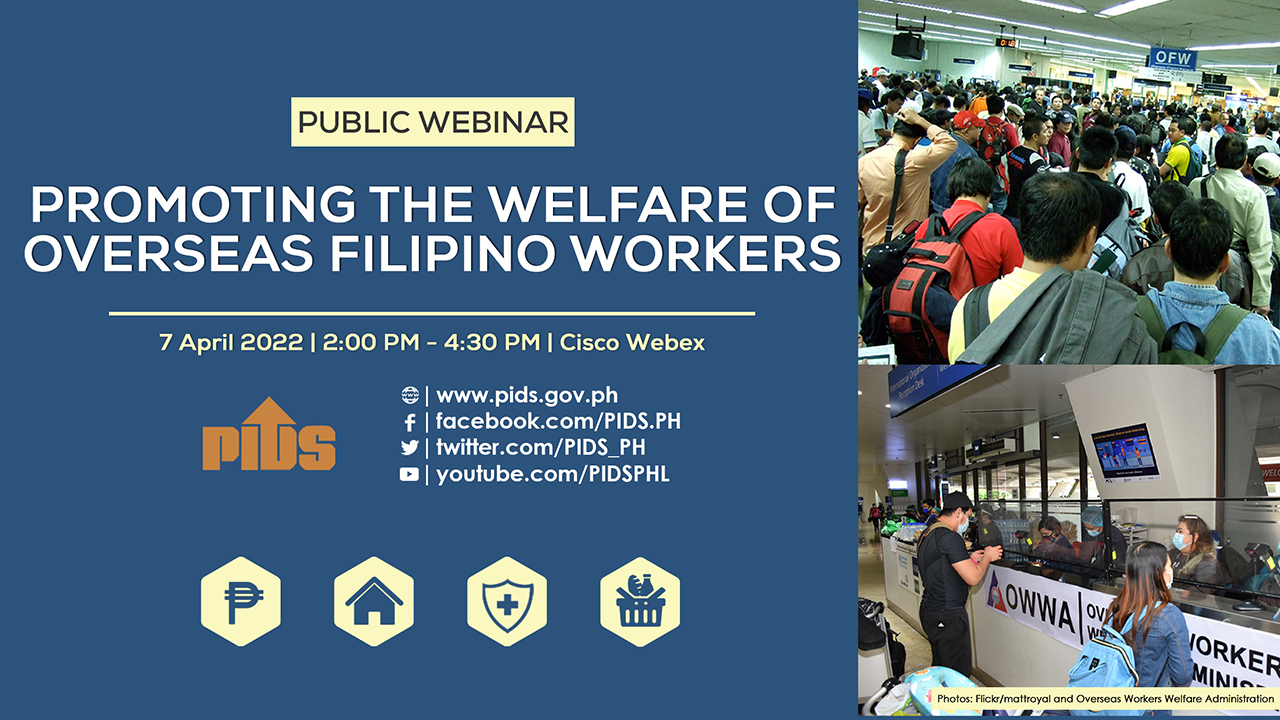NEARLY 40% of employed people in the Philippines hold academic credentials beyond what their jobs require, and earn only 5% more for the extra schooling, the Philippine Institute for Development Studies (PIDS) said.
Citing a study, “Surveying the Extent and Wage Consequences of Education-Job Mismatches in the Philippine Labor Market” published in the Philippine Journal of Development in January, PIDS said 39% of working people are “overeducated,” while a quarter are “undereducated.”
This results in lower job satisfaction, along with “large wage penalties that signal inefficiencies in the labor market.”
“Investments in time, money, and other resources do not translate to improved employment outcomes or higher wages,” researcher Monica M. Melchor said.
“Such negative effects are significant in a developing economy context, where education quality is highly variable and low incomes are prevalent.”
Using data drawn from 2006 and 2012, the report found that the extra years of schooling have a lower return of 5%, compared to the 7%-19% range seen for each required year of education.
In response, Ms. Melchor said that labor market policies should support job skills matching or improve access to information about work, such as job fairs.
“Policies to facilitate job-skills matching can alleviate challenges in the Philippine labor market, such as the continued gender disparities in labor outcomes,” she said.
The government could also consider more targeted subsidies aimed at lower income groups.
“Arguments that publicly subsidized higher or tertiary education will translate into improved wage prospects for highly educated individuals or higher productivity may not bear out in reality, raising concerns over the efficiency of public investment in tertiary schooling,” Ms. Melchor said.
“Subsidies for those from the lower income and vulnerable groups, combined with strong social safety nets, can better balance tradeoffs between efficient public investments and sufficient social support.”
Nearly 40% of PHL workers ‘overeducated,’ study finds











